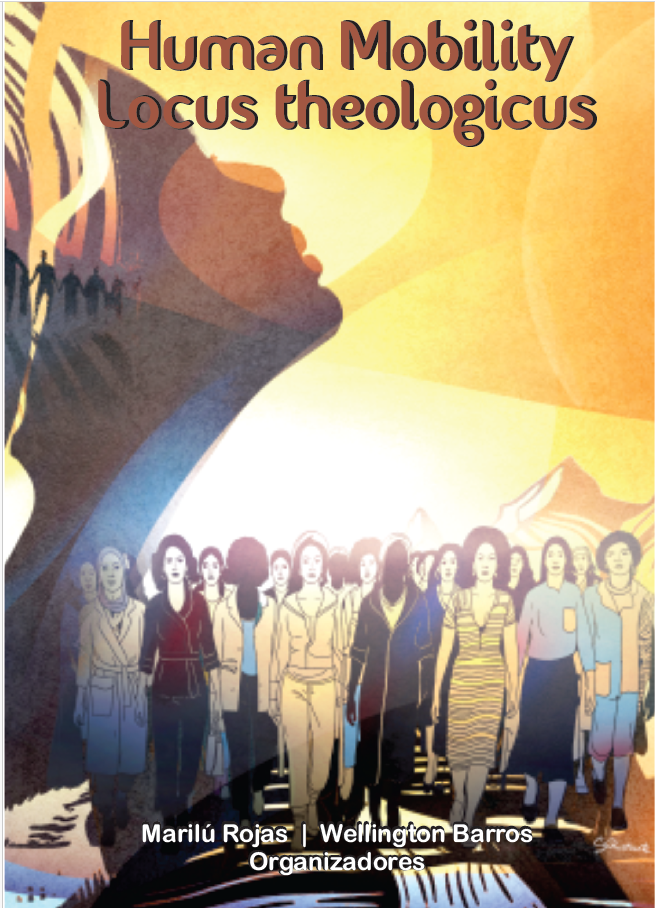This volume, dedicated to migration as a theological locus (locus theologicus), is an exercise in parrhesia, as the ability to speak courageously, in the Foucauldian sense, and to speak against a monolingualism that despises migration, such as the speeches of President Donald Trump. Placing migration as one of the main places of revelation of God in contemporary history leads us to recognize the world and its crises, as Sallie McFague once called it: the world as the body of God, a nomadic body, a migrant body and a wounded body that needs to be healed and rebuilt.
The texts that make up this volume are traversed by the territorial bodies of women, children, and LGBTQI+ people, whose corporealities and sexualities constitute the space where God happens. The body of the text we now present to you is constituted, first of all, by the contributions of Jorge Costadoat, Wellington Barros, and Hugo Cordóva, who will lay the epistemological foundations of what we have called the migrant locus theologicus; next, we will have the biblical-theological dimension of Moisés Pérez, Marilú Rojas Salazar and Nathália Montezuma in an exercise in hermeneutics of some biblical women: the Shunammite woman, Agar and Ruth, whose bodies were traversed by the realities that thousands of migrant women experience today on the roads and in migrant shelters. Yenny Delgado, Yolanda Chávez, Ana Rita Castro, Alfredo J. Goncalves, Rosiane Aparecida, and Víctor Manuel García will take us on a journey through the contextual situations of the lives of those who migrate to the United States and Central America, placing the border as a space where many situations of pain and suffering occur, and where grace also happens.
DOI: doi.org/10.61301/978-65-85775-26-7.2025.05.237p

